If your child has recently gotten braces or you’re planning for orthodontic treatment in the future, knowing what to expect when it comes to their diet can make the transition much smoother. Eating with braces might require a few adjustments, but it’s worth it for the long-term benefits of a healthy, straight smile.
Keeping braces-friendly foods on hand, practicing good hygiene habits and being mindful of potential damage to the braces can all help make eating with braces a breeze. If you’re in need of guidance for an orthodontic diet or have any concerns about your child’s braces, don’t hesitate to schedule an appointment with a Premier Orthodontics pediatric dentist or orthodontist for personalized recommendations.
What to include in a braces-friendly diet:
The key to a successful braces diet is choosing foods that are gentle on the brackets and wires. Soft, nonsticky options are generally the safest bet for avoiding any damage or discomfort. The best foods to eat with braces include:
- Soft fruits (bananas, berries, etc.)
- Cooked vegetables
- Soft grains (rice, quinoa, oatmeal)
- Lean proteins (chicken, fish, tofu)
- Dairy products (yogurt, cheese)
- Soft breads and tortillas
- Pasta or noodles
In the first week or two of having braces, when the mouth may be sore and sensitive, it may also help to stick to a diet of mostly liquids or soft foods like soup, smoothies and mashed potatoes. As your child’s mouth adjusts to the braces, they can slowly start incorporating more solid foods back into their diet.
What to stay away from with braces:
While there are plenty of options for braces-friendly foods, there are also some that should be avoided to prevent damage to the braces and discomfort for the wearer. Foods to steer clear of while eating with braces include:
- Hard or crunchy foods (nuts, chips, hard candies)
- Sticky or chewy foods (caramel, gum, taffy)
- Tough meats (steaks, jerky)
- Large vegetables or fruits (apples, corn on the cob)
Chewing on ice or hard objects can also cause damage to braces. It’s important to avoid biting into foods with the front teeth while wearing braces, as this can cause the braces to break off or become dislodged. Instead, teach your child to cut their food into small, bite-sized pieces or to use utensils like forks and spoons to eat.
Make sure to brush and floss!
Maintaining good oral hygiene while wearing braces is crucial for preventing tooth decay, gum disease and other oral health issues. With braces, food particles can easily get stuck between the brackets and wires, leading to plaque buildup and potential cavities. Encourage your child to brush their teeth after every meal and to floss at least once a day. Using an interdental brush can also help them clean between the braces and wires.
A better orthodontic experience is just a click away
At Premier Orthodontics, we’re dedicated to providing the highest quality of care for your child’s dental and orthodontic needs. Our team of professionals is here to support you and your child throughout their journey to a healthier, straighter smile. Schedule an appointment today!

